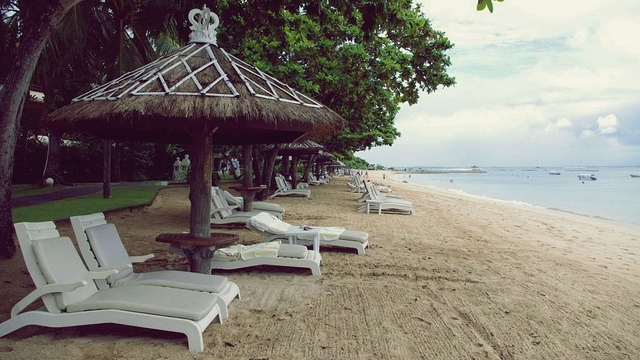Three popular tourist destinations in Bali have officially been designated “green zones,” the governor announced yesterday, as Indonesia appears to be moving forward with plans to reopen the island to foreign visitors in the near future.
Related — Public health experts say ‘green zones’ not feasible in Bali with current COVID-19 approach
As previously hinted, officials have settled on Ubud, Sanur, and the Indonesia Tourism Development Corporation (ITDC) area in Nusa Dua as green zones, which Bali Governor Wayan Koster explained was part of a new “COVID-19 safe travel” strategy.
He added that the decision was made under instructions and approval from Indonesia’s Health Minister Budi Gunadi Sadikin and Tourism and Creative Economy Minister Sandiaga Uno.
The green zones are part of a “Free COVID Corridor” program, Koster said, and the first step of this strategy is to vaccinate everyone who resides and conducts activities in the designated areas.
“This Free COVID Corridor Program is a precondition for steps to reopen tourism to foreign tourists,” Koster said at a press conference in Denpasar.
The governor said that more than 50,000 people in Ubud are going to be vaccinated as part of this particular program, as well as over 60,000 people in Nusa Dua, and nearly 27,000 people in Sanur, who are residing in villages and sub-districts that have been officially selected.
The province reported 256 new coronavirus cases and seven deaths yesterday. According to Dicky Budiman, an epidemiologist from Griffith University Australia, Bali should achieve a target of at least two weeks without reporting any deaths, among a bunch of other targets to fulfill, before even considering to reopen to mass tourism.




